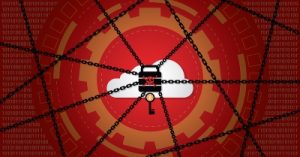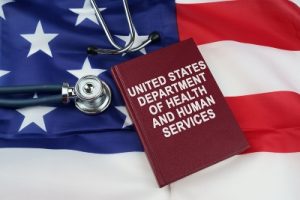
The Department of Education underwent a complete overhaul of its Free Application for Federal Student Aid (FAFSA) online system to improve the user experience. The existing form consisted of 108 questions, and the Department saw that many applicants were abandoning the process out of frustration and confusion.
The FAFSA Simplification Act was passed in 2020. The act helped fund the work needed to simplify the form and update how aid was calculated. The system rolled out in December 2023, more than a year later than expected and at the height of college application season. While the new system did reduce the number of questions to a maximum of 36 and the intake of 3.1 million forms in the first month alone, the rollout has been marred by some glaring issues that have made the customer experience worse, not better, for many, already stressed college-bound students. Continue reading






